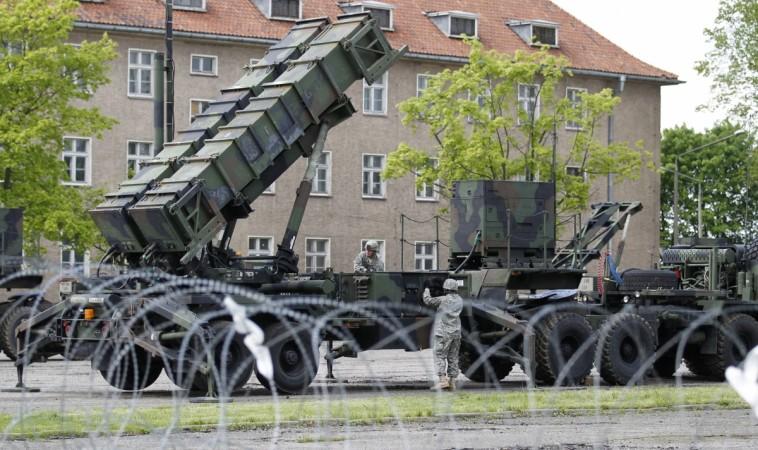
This may be a sign of things to come: Russian presidential spokesperson, Dmitry Peskov has agreed with US President-elect Donald Trump's assertion that NATO is "obsolete".
The North Atlantic Treaty Organization (NATO) was set up at the height of the Cold War to counter the threat to Europe from the erstwhile Soviet Union.
Since the fall of the USSR, however, it has become more of a symbol, as warfare has moved from the conventional battleground and tactics to the cybersphere and insurgencies. NATO did play a pivotal role in the Bosnia and Kosovo conflicts, as well as in Afghanistan in the aftermath of 9-11.
Donald Trump, while on the campaign trail, stated that NATO would have to pay more for American military support and has not pulled any punches when discussing the value of the organization as a suitable deterrent.
Trump's words, however, seem to be at odds with current US military strategy as the outgoing Obama government recently sent troops and US military hardware to Poland to ostensibly bolster NATO forces there, in case of Russian aggression in the Baltics.
Trump told the UK's The Times in an interview that once he takes over at the White House, he would consider lifting the economic sanctions imposed by the West on Russia, in exchange for a drastic reduction in nuclear stockpiles.
Sanctions were imposed on the Vladimir Putin government and the country after Russia's annexation of the Crimea, and its active support of rebels in Eastern Ukraine – a charge the Kremlin vehemently denies.
NATO, which currently comprises 28 states, has it enshrined in its core treaty that member states will come to the aid of another member state should it come under armed attack. Ukraine, while being wooed by NATO, is not part of the organization.
Russia has long railed against NATO's expansion into Eastern Europe and considers it a threat to its borders and sovereignty. When the Baltics states (Latvia, Lithuania, Estonia) joined NATO in 2004, along with Slovakia and Slovenia, it ratcheted up the tension between the West and Russia.
The confrontation has simmered and briefly threatened to flair when NATO moved 10 batteries of Patriot air defense missiles into Poland with plans for an advance early warning radar based in the Czech Republic.
NATO has long held the stance that the missile defense system is to target incoming missiles from Iran and rogue attacks from Syria. Russia countered by moving mid-range ballistic missiles close to its borders with the Baltic states and Poland.















